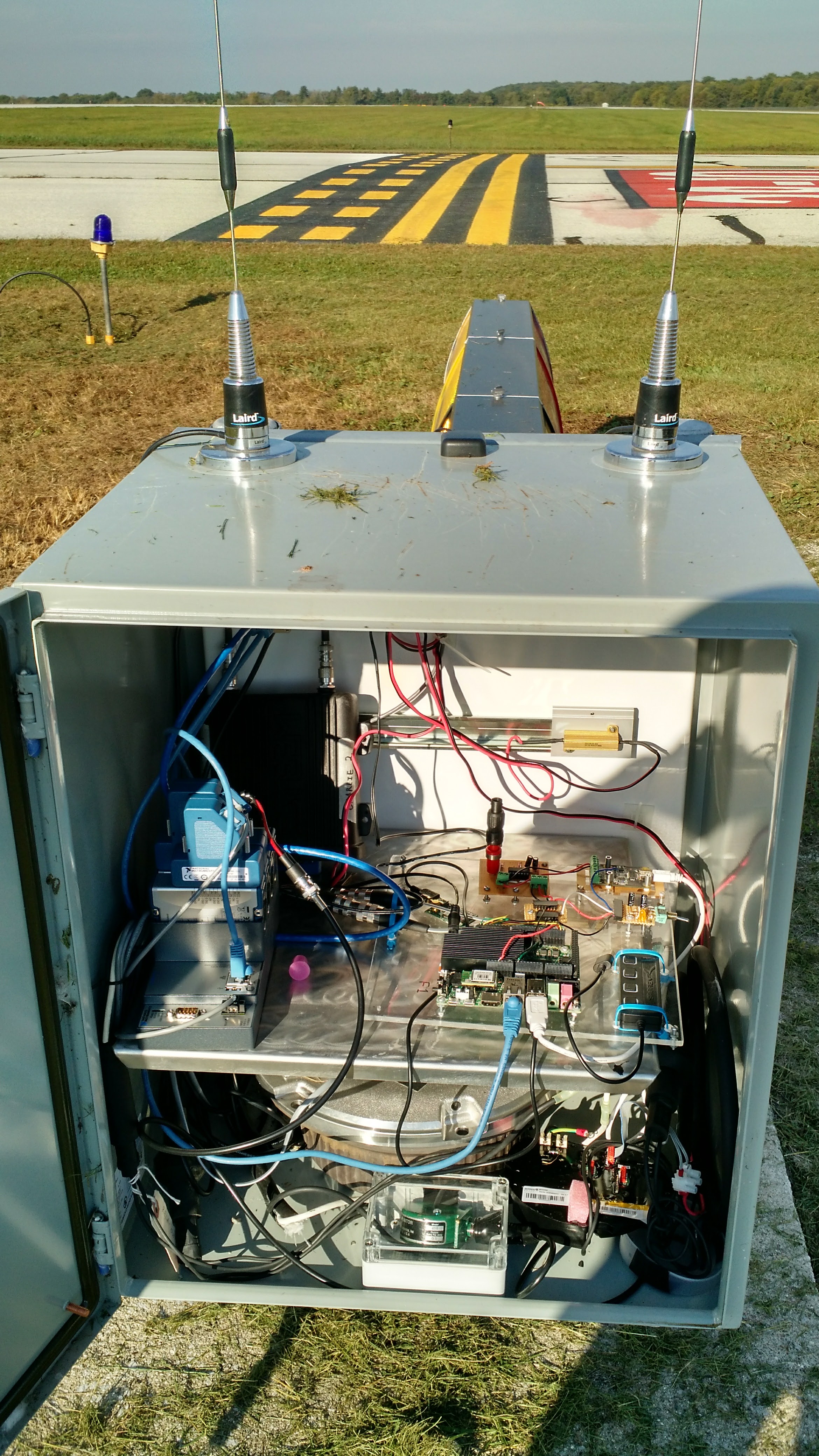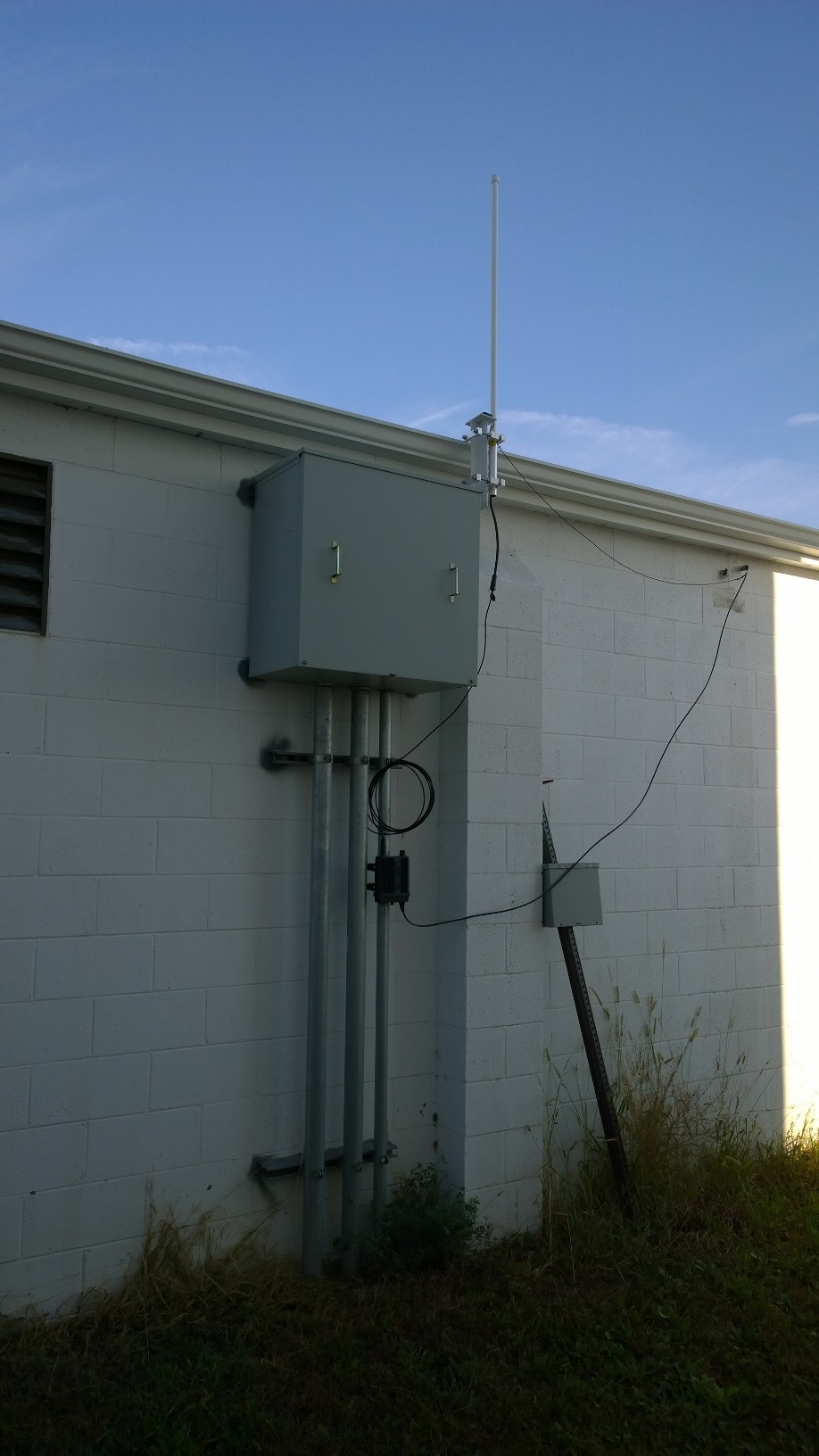Ongoing Reseach Projects
We are currently working on the following projects. We are always looking for talented hard-workingstudents. If you are interested in joining our group please send your resume to wleonsal@purdue.edu
Optical Frequency Identification (OFID)
OFID is the name we have given to a new technology that uses high-efficiency solar cells to transmit and receiveinformation wirelessly while harvesting radiant energy from the envrionment. Transmission of information with a solar
cell is possible by modulating the luminescent radiation of the solar cell. We use GaAs solar cell because they
exhibit high electro-luminescent and photo-luminescent radiation. This type of devices can be used for Internet
of Things (IoT) applications for monitoring home, industrial and office environments.
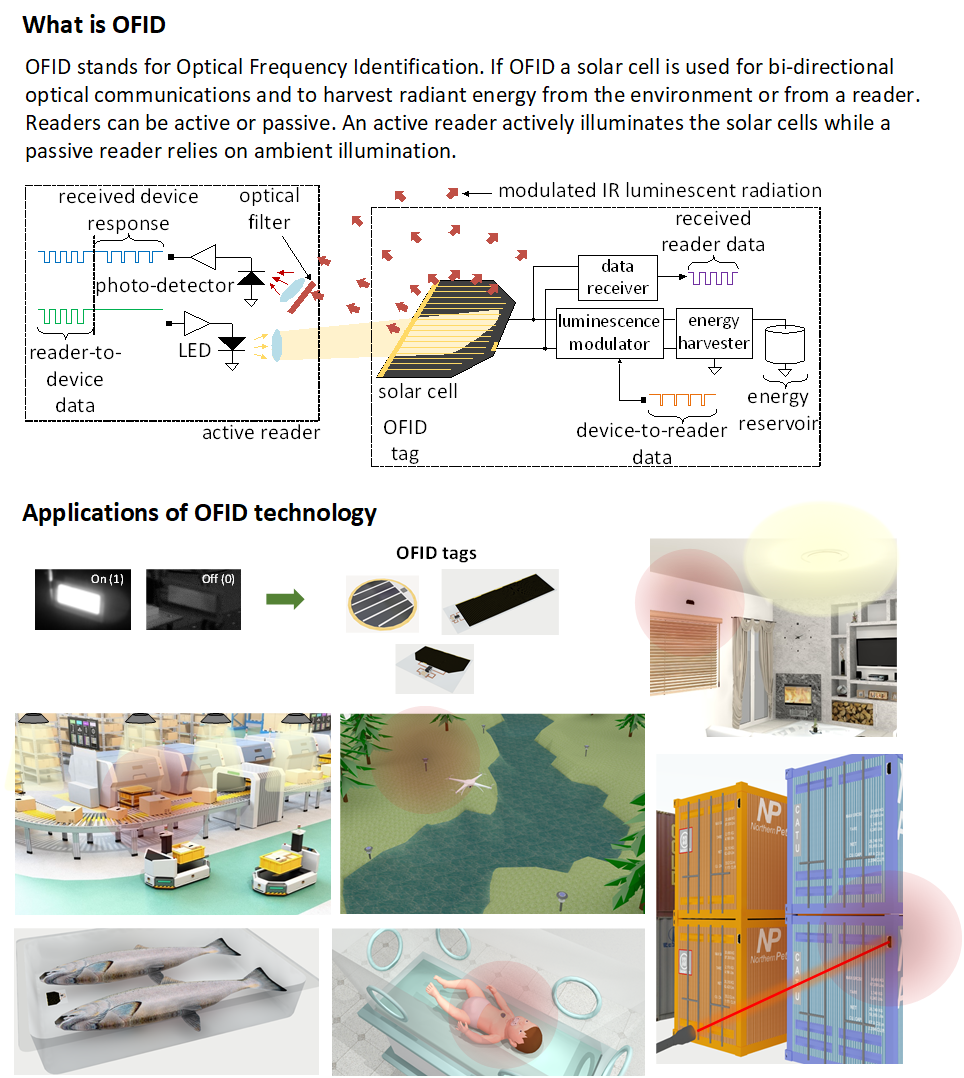
Wireless Soil Health Monitoring
In this project we are developing a wireless network of sensors to monitor soil health parameters such assoil temperature, soil moisture, soil conductivity and CO2. This network has been designed and built from the
ground up by Dr. Jino Ramson, post-doctoral researcher in the Arequipa NEXUS Institute.
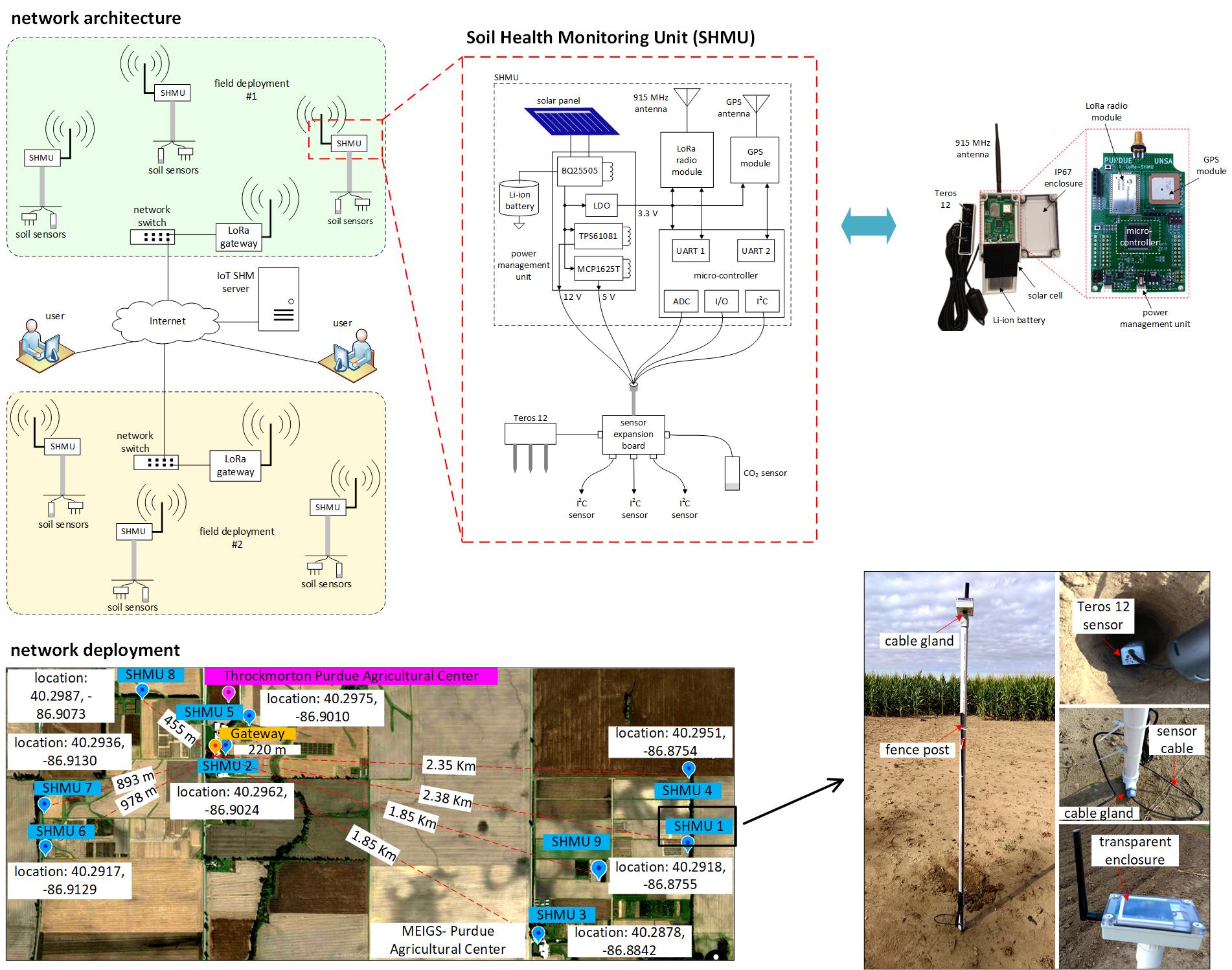
Solar Radiation Sensors
In this project we are sensors to measure solar radiation. In particular, we are interested in measuringphotosynthetic active radiation (PAR). This is the portion of the solar spectrum (from 400 nm to 700 nm)
that drives photosynthesis. Develping affordable and accurate PAR sensors will benefit farmers and crop
growers around the world. The design of this sensor is being led by Dr. Jegan Rajendran, post-doctoral
researcher in the Arequipa NEXUS Institute.
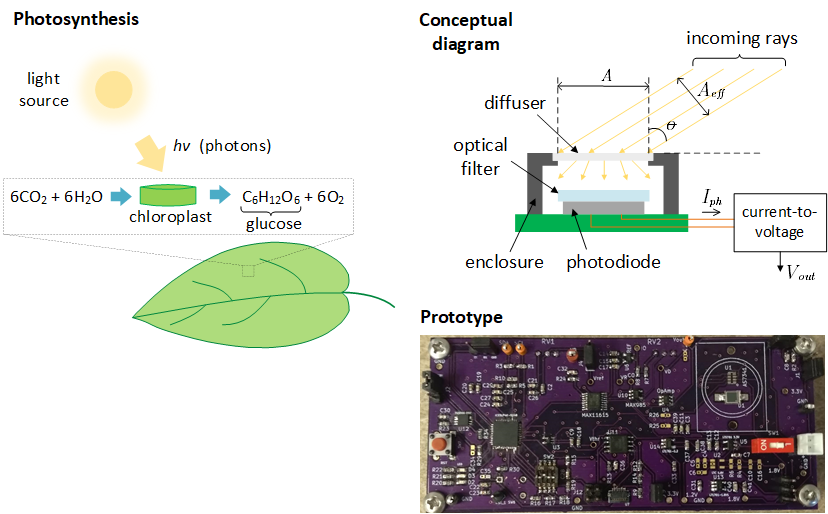
Circuit Printing
Taylor Zigon, an M.Sc. student in the tinyLab has been working on building an open-source extrusion printer for printingcircuits on a variety of substrates including paper, rubber and 3D printer structures. This printer can print custom circuits
within minutes on substrates that mainstream PCB fabrication technology would not allow.

Reconfigurable Energy-Havervesting CMOS Image Sensors
This project seeks to use the photodiodes present in every pixel of an electronic camera as tiny solar cells that can harvestsolar and ambient radiant energy when the camera is not being used to capture images.
We have designed and fabricated a custom microchip containing an array of 64x64 pixels that can be configured to harvest energy
or to capture images.
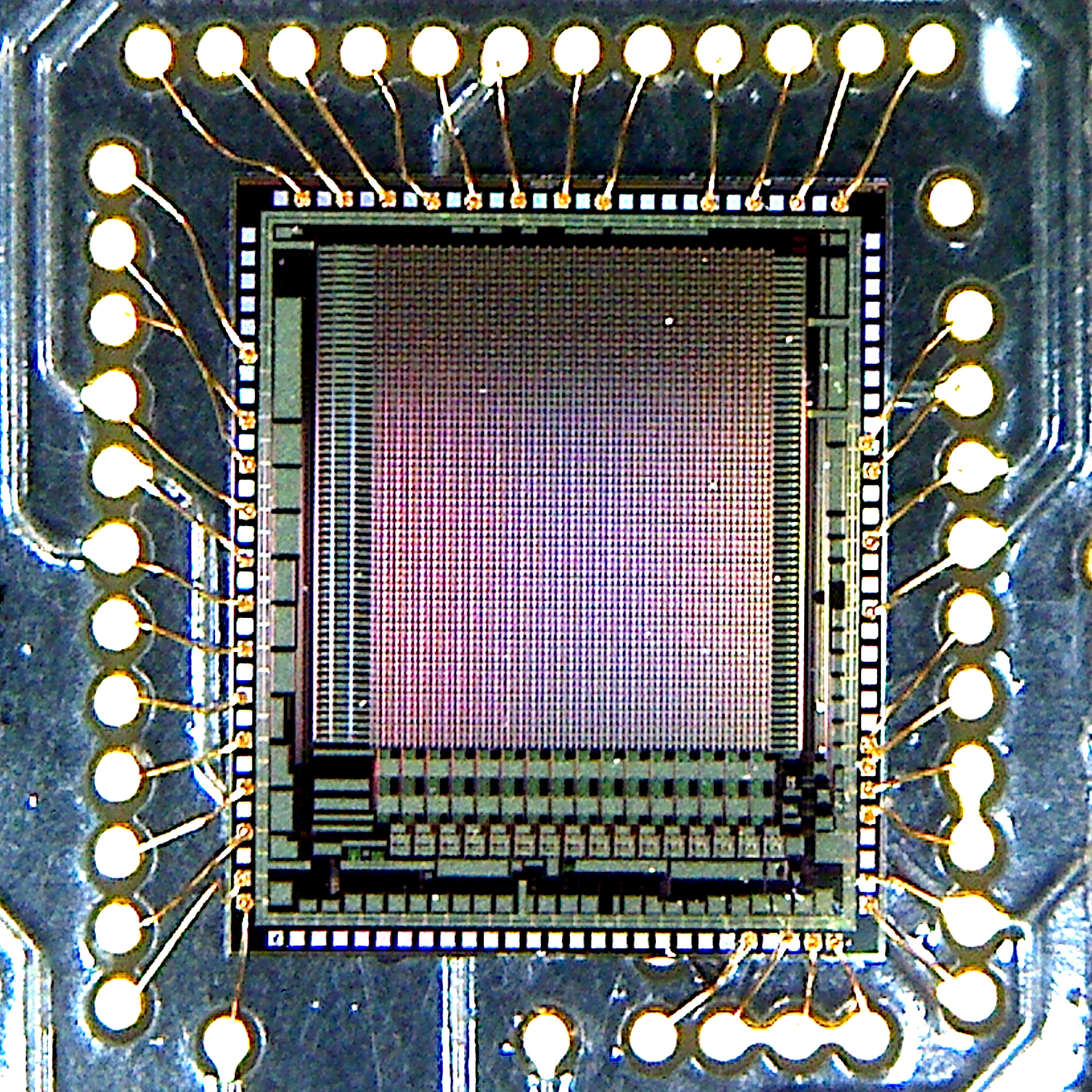
We have also developed a tiny PCB on which we have mounted our microchip. On the other side of the PCB we have placed a
an ultra-low power microcontroller that reads out images from the microchip and sends them to a computer over an I2C
network.
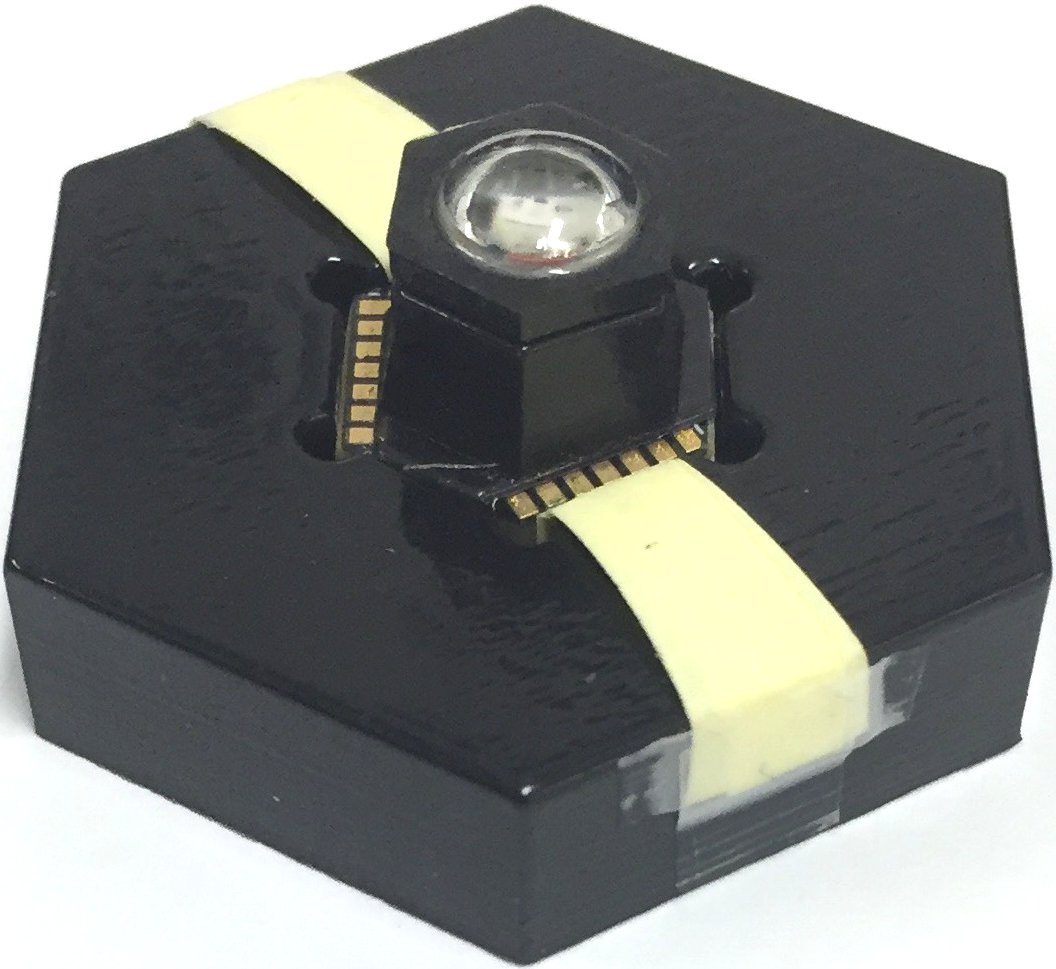
RFID-based Corrosion Sensor
In this project we developed a sensor to measure long-term corrosion in concrete. The sensor uses a three-electrodepotentiostat and a low-power microcontroller and is fully powered by an RFID reader through concrete.
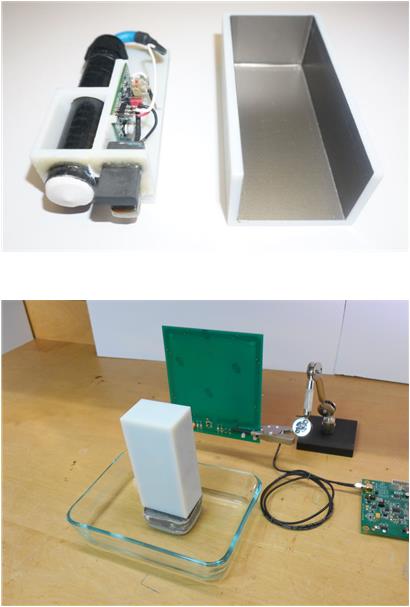
Optical Stimulator for Fruit Flies
In this project we developed an open-source instrument to optically stimulate small insects (Drosophila flies).Our instrument uses several blue and red LEDs to illuminate the interior of two chambers where a vial with flies
is deposited. Light intensity and temperature are controlled with a Raspberry Pi computer.
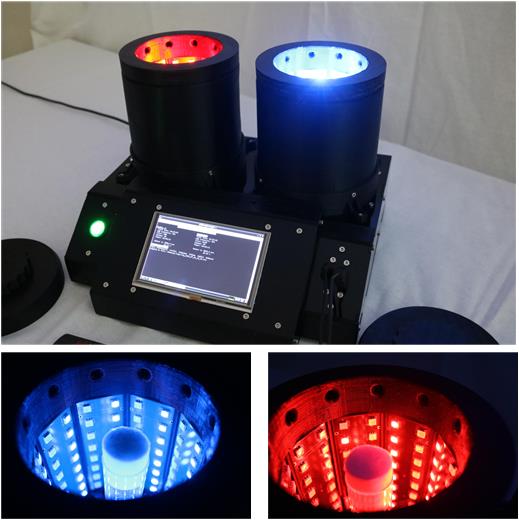
Test of LED Lights on Airport Taxiways
In this project we developed a wireless network of sensors to monitor the performance of an LED lightning systeminstalled at the Purdue airport.
